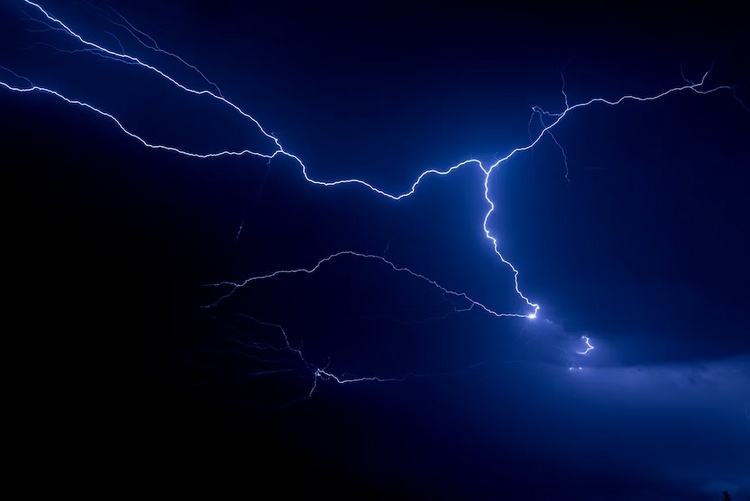July 11 NEC Energy News
¶ “How Harvesting Electricity From Humid Air Could One Day Power Our Devices” • It’s an idea that has been around for many years. Nikola Tesla and others have investigated it in the past but never achieved promising results. However, that could be about to change. Research groups around the world are finding ways to glean electricity from humid air. [BBC]

¶ “Terrible Truths About Nuclear Energy Exposed” • A new documentary titled The Fukushima Disaster: The Hidden Side of the Story is a powerful, moving, informative film that is superbly made. Directed and edited by Philippe Carillo, it is among the strongest films ever made on the deadly dangers of nuclear technology. [Independent Australia]
¶ “Nearly 62,000 People Died From Record-Breaking Heat In Europe Last Summer. It’s A Lesson For The US, Too” • Nearly 62,000 people died heat-related deaths last year during Europe’s hottest summer on record, a study published in Nature Medicine found. It is heartbreaking evidence that heat is a silent killer, and its victims are greatly under-counted. [CNN]
¶ “Better Batteries From Lawrence Berkeley Lab Research” • A research team led by Gao Liu, a senior scientist in the Energy Technologies Area at Lawrence Berkeley Lab, published a paper in the journal Nature Energy recently in which they report on new technology that could lower the cost of lithium-ion batteries and extend their service life. [CleanTechnica]

¶ “Solar Tracker Market Size For 2030 Projected To Be Worth $19.61 Billion, With CAGR Of 13.9%” • The global solar tracker market size was valued at $6.94 billion in 2022. The market size is projected to grow from $7.88 billion in 2023 to $19.61 billion by 2030, exhibiting a compound annual growth rate of 13.9% during the forecast period. [Yahoo Finance]
¶ “US Storms: ‘All Hands On Deck’ As Floods Deluge US North-East” • More than 13 million people in the north-east are under flood alerts as a deadly storm deluges the region. Flash flooding from excessive rainfall was expected across New England at times through Tuesday morning, with Vermont facing the highest risk, forecasters said. [BBC]
For more news, please visit geoharvey – Daily News about Energy and Climate Change.
